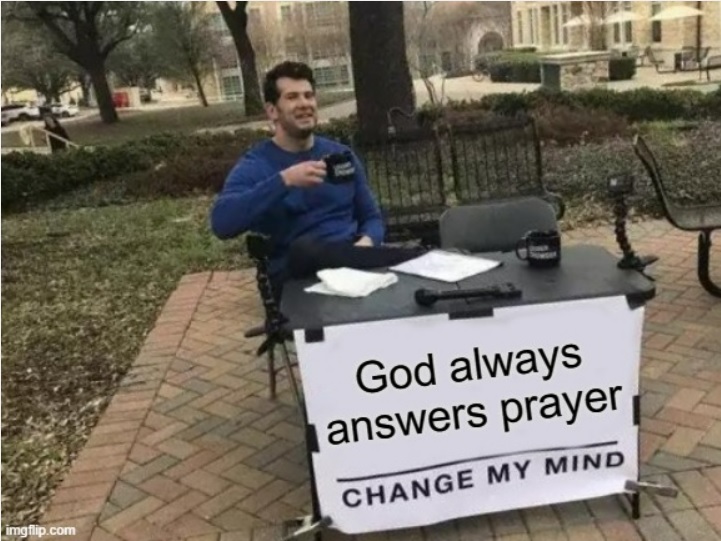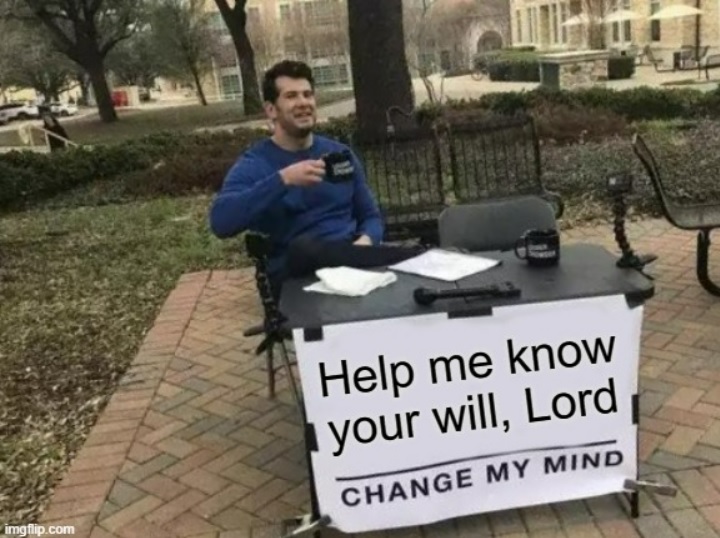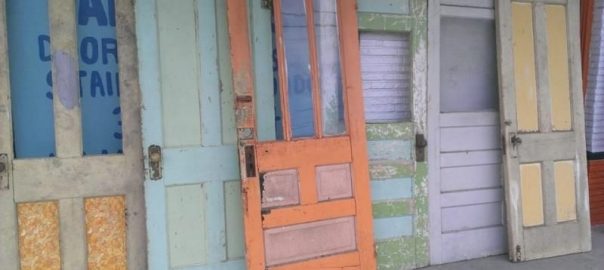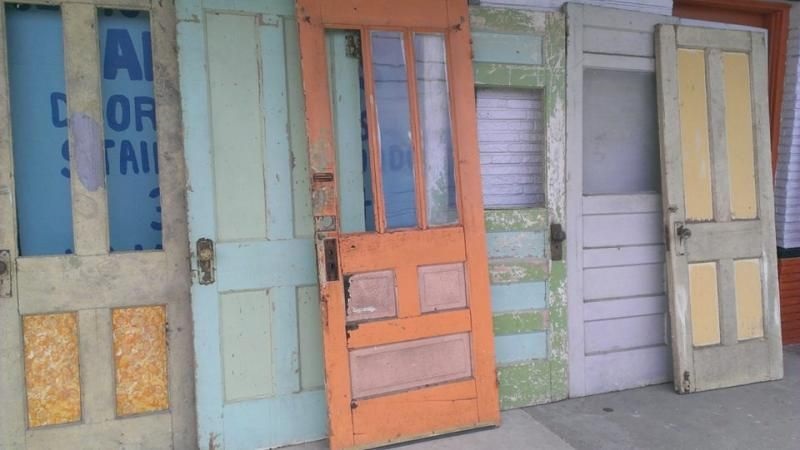One take on the troubling text of Luke 12:49-56.
During seminary, as I began to dabble in preaching, and learned the weekly lectionary contained not one scripture passage, or even two or three, but FOUR options to choose or mix and match, I opted to take a certain approach:
When encountering a lectionary for the first time I’d take a crack at preaching from Matthew, Mark, Luke or John. Which normally works out just fine.
Gospel passages often include –
Parables,
Miracles,
Peace,
Joy,
Faith,
Hope,
Love.
You know, the good stuff.
Gospel texts are typically set against a backdrop of clueless disciples alongside political, cultural, and religious elites. It’s a cast of characters Jesus can’t help but mix it up with. Preaching with those kinds of ingredients has the possibility of being light, fluffy, funny, fun.
And then there is today’s text.
Which features these notable quotes from Christ:
– I came to bring fire to the earth.
– I wish it were already kindled!
– You think I came to bring peace?
– Ha! I bring division!
Households will be divided!
– Father against son
– Mother against daughter
– Everyone against everyone else.
You hypocrites! Why do you not know how to interpret the present time?
These are the words of Christ.
Whoa.
Anyone else more than a little uncomfortable? Feeling kind of squeamish? Are you sure we should follow someone like this? And if so, where would it lead?
The text, personally speaking, makes me squirm. A sinner in the hands of an angry God preacher I am not.
Yet these are the words of Christ. To be candid I don’t like that one bit.
A plain reading – which has limitations – raises challenging questions.
– Does Jesus like fire just a bit too much?
– Is he calling destruction down from above?
– Why would he want to divide us?
And then there’s all this turning son against father, mother against daughter language. What does he have against our family structures?
With talk like this you’d almost expect Jesus on Twitter or Facebook posting dangerous, hurtful rhetoric, while gaining millions and millions of followers in the process. And then simply sitting back, smiling, watching collectively we burn everything to the ground.
To be sure this passage has been used to justify war among nations, Civil wars too. And if that is what this text is truly about, well, I’m out. For that conclusion represents a Jesus I neither want to know or love.
How else might we understand this uncommon, complicated, consequential communication from Christ?
Division
Two weeks back a group of 15 middle schoolers, high schoolers and adults gathered in the St. John’s parking lot, preparing for a nine hour trip to the Boundary Waters of northern Minnesota. We spent some time with introductions, our hopes for the trip, and did a popcorn prayer. If you haven’t heard the term before Google it some time, it’s pretty neat.
And then, shortly after, we said goodbyes to loved ones, gave hugs, handshakes, kisses, shedding a tear or two or three. We were, quite literally, divided.
Husband from wife,
Mother from son,
Sister from brother.
My daughter and I went on the trip, and said our goodbyes to –
My wife,
Her mom,
My son,
Her brother.
Separation from loved ones can be hard. As we loaded into vans and departed, I couldn’t help but feel a bit sad.
Our families weren’t just being divided by geography. Once we neared the destination cell phone and internet coverage simply disappear. These days you can’t get much more divided from people while in the wilderness than that.
Upon arriving at base camp we were divided once more; from fifteen into eight and seven. The number of groups would be two.
Learning
Each group was assigned a guide for our journey. Guides were responsible for pretty much everything, including our –
Food,
Shelter,
Safety.
Most importantly guides taught us skills that would help us on our way.
Guides taught us how, and what, to pack. They showed us, by example, that we could do more with less.
They taught us about our surroundings, including
– types of trees,
– which berries were edible,
– which were not.
Normally I gloss over details of this sort. Because, for many of us at least, there is always food. But after experiencing gallons of berries great for snacking and topping – they brought our oatmeal and pancakes to life – and enjoying the vibrant flavor of cedar sprig tea, my mind changed. I realized there was much to gain by learning more.
The guide taught us how to paddle a canoe, even how to get it out of the water should the canoe tip. Later, for one of our groups this learning proved vital.
Journey
Bags now better packed, outdoor education now complete, we went to bed at sunset, got up at sunrise, loaded gear in canoes, put oars to water and went on our way.
We shared in all things those next five days –
Food,
Shelter,
Carrying,
Paddling,
Setting up camp.
And whoever had the sunscreen or bug spray out? They would offer it to others. And instantly become a #1 friend.
There were high highs. When waters were calm, canoe muscles rested, campsites set up, swimming holes found, stomachs filled we caught a glimpse of heaven.
Add in the yodel of loons, the reflection on the waters, the stars at night and something soon became clear: heaven was not so far away.
There were, of course, challenges.
Winds picked up,
waters grew choppy,
canoes were tossed,
canoe muscles tired.
Rain, thunder and lightening occurred at the most inopportune times.
It was in the midst of challenge where I valued our guide the most. For they had taught us well. Even as we still had so much to learn. And I knew, no matter what, we were safe while under their care. Despite whatever difficulty we faced.
Because we had our guide.
And we had each other.
And that was always enough.
Challenge
One of our groups had a misfortune that doesn’t occur too often on these trips. The –
winds picked up,
waters grew choppy,
canoes were tossed.
And one capsized.
Right in the middle of a big lake nowhere close to land.
The canoe took on water,
Packs fell out,
Three of us now in the drink,
Heads bobbing up and down.
With the help of lifejackets, our guide, each other, and a motorboat that came by and dragged the canoe to dry land good news: we were safe. Resetting some, the group took a break to pick berries. There they found buckets of them, playfully naming the spot Blueberry Island. Soon enough all was well.

Fire
Blueberries have a fascinating quality: they grow best after fire. Once the overgrowth of vegetation has been wiped out there is more room to grow. The fire leaves behind much more room to bear fruit. Blueberry roots have evolved to withstand extreme heat from fires, and can survive them. Even as the rest of their surroundings burn.
The final morning of the trip we did something special, sharing affirmations with each other. Every person had the opportunity to name what we saw in everyone else: their strengths, our hopes for them, the beauty in them we saw within. It was raw, it was sacred, tears were shed. Some of them were mine.
It was clear in that moment the trip had changed us in meaningful ways. We had been separated from loved ones. Put into unfamiliar surroundings requiring us to trust our guide, trust each other. We had experienced joy, alongside tribulation, and were now better for it. Fired burned not around us, but within, clearing out that which had been holding us back. Each of had grown, in ways not possible before.
We then packed our bags, hopped in vans and headed home. Home to be reunited with family and friends we’d been divided from seven days prior. Making it possible to share how we’ve grown. Making it possible to be part of the growth and healing our friends and family need too.
Redux
Today’s text is troubling. There is no way around it. Here we see a Jesus frustrated with the state of the world he came to save. We see a Jesus well aware a path of caring causes friction with our culture. We see a Jesus foreshadowing the coming of the Holy Spirit by fire.
Jesus did come to bring division, it’s true. He wants nothing less than to separate us from what which keeps us from God’s plan for our lives. And to do that we need that fire. As hard as it can sometimes be. The flames of the Spirit removes impurities we could do without.
Dear Lord,
Forgive us when we go astray. Divide us from what we cling to that separates us from you. Send the flames of your Spirit to dwell within. Burn away the brush that causes us and others harm. Reunite us with friends and family. Strengthen bonds that have become weak.
Help us grow faithfully.
Help us help others grow.
Help us pack for the journey well.
Because we have you as our guide.
And we have each other.
And that will always be enough. Amen.








